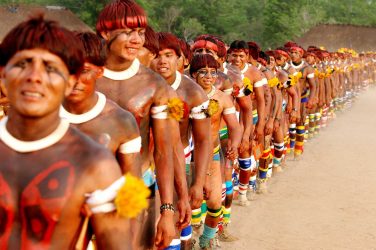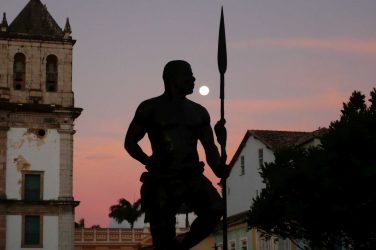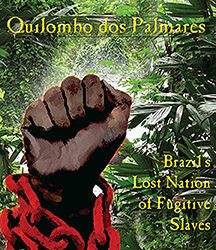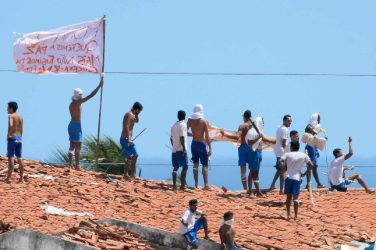Brazilian Indians have appealed for global assistance to prevent further killings after the reported massacre of uncontacted tribespeople, and have denounced the government cuts that left their territories unprotected.
Paulo Marubo, a Marubo indigenous leader from western Brazil, said: “More attacks and killings are likely to happen. The cuts to FUNAI’s funding are harming the lives of indigenous people, especially uncontacted tribes, who are the most vulnerable.” (FUNAI is Brazil’s indigenous affairs agency).
Mr. Marubo is the leader of Univaja, an indigenous organization defending tribal rights in the Uncontacted Frontier, the area with the highest concentration of uncontacted tribes in the world.
COIAB, the organization representing Indians across the Brazilian Amazon, denounced the massive cutbacks to FUNAI’s budget that has left many tribal territories unprotected:
“We vehemently condemn these brutal and violent attacks against these uncontacted Indians. This massacre shows just how much the rights of indigenous peoples in this country have been set back [in recent years].
“The cuts and dismantling of FUNAI are being carried out to further the interests of powerful politicians who want to continue ransacking our resources, and open up our territories for mining.”
Unconfirmed reports first emerged from the Amazon last week that up to 10 uncontacted tribal people had been killed by gold miners, and their bodies mutilated and dumped in a river.
The miners are reported to have bragged about the atrocity, whose victims included women and children, in a bar in a nearby town. The local prosecutor’s office has opened an investigation.
The alleged massacre was just the latest in a long line of previous killings of isolated Indians in the Amazon, including the infamous Haximu massacre in 1993, in which 16 Yanomami Indians were killed by a group of gold miners.
More recently, a group of Sapanawa Indians emerged in the Uncontacted Frontier, reporting that their houses had been attacked and burnt to the ground by outsiders, who had killed so many members of the community that they had not been able to bury all the bodies.
All uncontacted tribal peoples face catastrophe unless their land is protected. Survival International is campaigning to secure their land for them, and to give them the chance to determine their own futures.
Survival’s Director Stephen Corry said: “The decision by the Brazilian government to slash funding for the teams that protect uncontacted Indians’ territories was not an innocent mistake.
“It was done to appease the powerful interests who want to open up indigenous lands to exploit – for mining, logging and ranching. These are the people the Indians are up against, and the deaths of uncontacted tribes won’t put them off.
“Only a global outcry can even the odds in the Indians’ favor, and prevent more such atrocities. We know public pressure works – many Survival campaigns have succeeded in the face of similar odds.”














